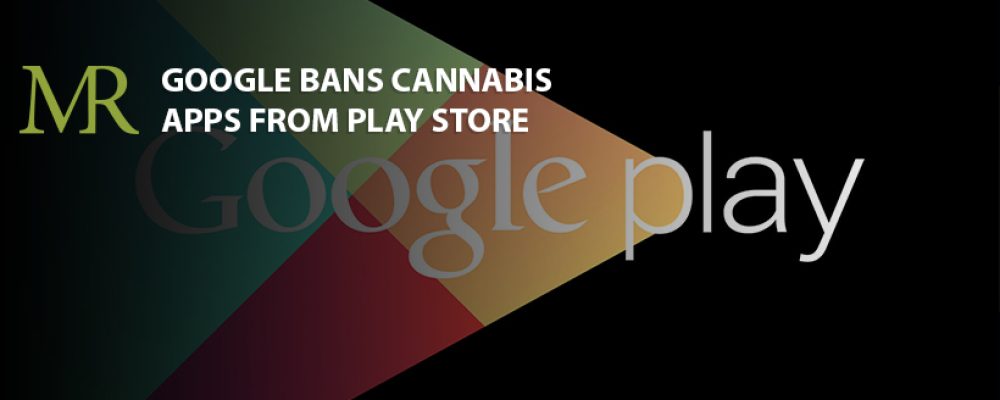Google quietly unveiled an updated policy on May 29 that prohibits apps connecting people with cannabis products, even in states where it’s legal. The policy change was first reported by Android Police.
In an attempt to make the Play Store more child-friendly, Google now requires all app developers to meet certain criteria related to their target audience and content. Developers will have to specify details and update any target groups relating to their app — for example, if they indicate that children are targeted by an app, they’ll be directed to specific age-related guidelines related to that.
Developers of new apps must comply with the updated policies by September 1, 2019. Current apps that are affected by the new policy, like Weedmaps and Ease, have 30 days to comply and make changes to their apps. Google is directly assisting app developers to work around the policy. In most cases, all that is required to be compliant is to transfer the shopping cart function outside of the app itself.
Some common “violations” that are now affected by the policy change include:
- Allowing users to order cannabis through the in-app cart.
- Assisting with arranging for the delivery or pick-up of cannabis.
- Facilitating the sale of products that contain THC.
Critics of the new policies say these developments are just boosting the lure of the illegal market. Eaze, which advertises on-demand delivery of cannabis products in Oregon and California, also ships hemp-derived CBD products to other states, offers cartridges, edibles, tinctures and live resin on their website.
Weedmaps, another app affected by the updated policy, launched in 2008, and allows users to find local dispensaries while also reviewing cannabis strains. Google is working directly with app developers like these, answering technical questions and assisting with implementing the changes without disrupting customers.
Apple features both Eaze and Weedmaps in the App Store with a 17+ age restriction, and it doesn’t allow for in-app ordering. It’s unclear at this point if Google’s stance will extend to apps promoting the use of cannabis, and it remains to be seen if these policy changes are part of a larger trend, while tech companies try to figure out how to fit into the booming cannabis industry.
Ebay said last month that they would continue to ban the sale of products containing CBD on its platform, while on the other side of the spectrum, Square, a payment processing service, announced last week that they’ve launched a pilot program, one intended to give businesses that sell hemp-derived CBD products access to credit card processing services in an effort to ease the burden cannabis industry businesses face when trying to do banking.
Google’s policy updates come at a precipitous time; according to a Gallup Poll in October 2018, 66% of Americans support legalizing cannabis. And, notwithstanding, Square’s invite-only beta testing program coincides with growing momentum for federal legislation to allow access to financial and banking services.


